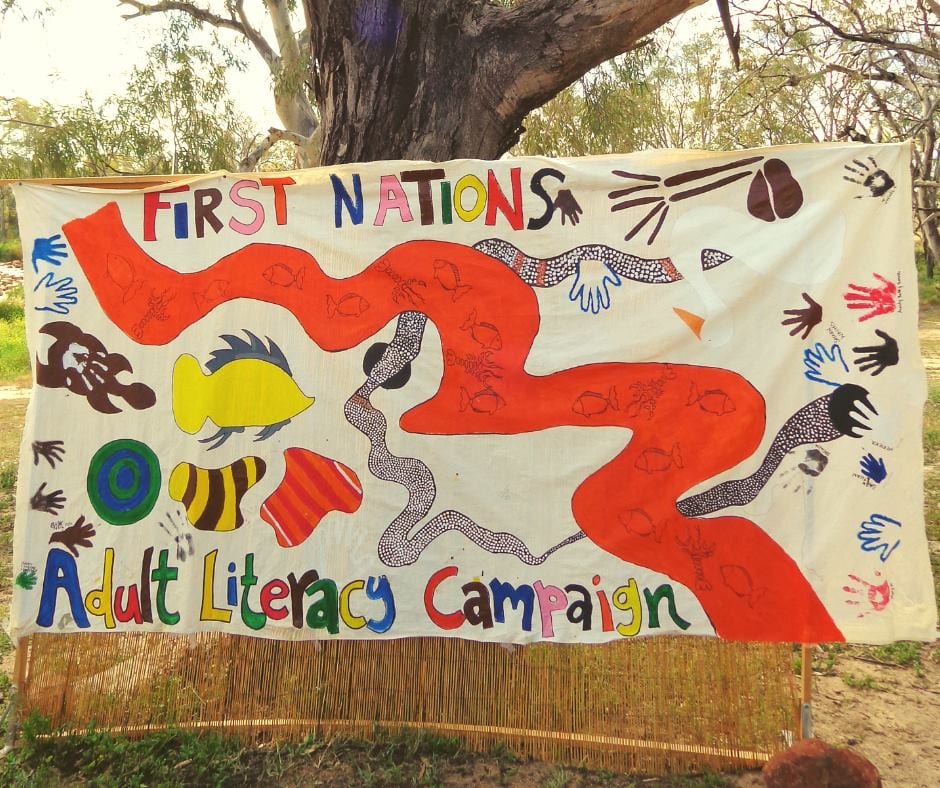That’s part of what women should be, is stand up and be heard and fight for what we believe in.”
– Literacy for Life campaign participant, Toomelah.
New literacy skills are helping the women in the Aboriginal community of Toomelah and nearby Boggabilla, northern NSW, do just this, according to a recent report to the Australian Human Rights Commission, with evidence compiled by UNE education researcher Dr Rose Amazan.
The report is one element of an ongoing partnership between UNE and the Literacy for Life Foundation (LFLF) , which began in 2012, and now includes researching the impact of the LFLF adult literacy campaign in participating NSW Aboriginal communities.
Rose says what was clear through the women’s stories she collected for the report Wiyi Yani U Thangani (Women’s Voices): Securing Our Rights, Securing Our Future, was that low literacy feeds a perpetual view of disempowerment, helplessness and struggle.
“What came through clearly was a struggle to be heard and to defend their truth amongst existing or preconceived portrayals. The women I interviewed often felt their truth, views, life stories and understanding of themselves are overlooked.”
She says what was missing among the women with low literacy was ‘self-actualisation’; the ability to see and believe in their capacity for development, growth and potential to bring about change in their own lives and others.
One program participant reflected, “If you don’t know how to read and write, you won’t get anywhere in life. The shame factor I think is number one on the list. I think people got more shame than confidence and self-esteem.”
The Literacy for Life campaign is just the start but, according to the women, it has been transformative.
“The women themselves reported that being literate has been very useful for them and allows them to take several steps forward in their lives. One of the major benefits of knowing how to read is being empowered to have more say over what happens in their lives,” Rose said.
“They reported increased confidence and self-esteem, and see literacy as an essential part of standing up and being heard. In their view becoming critically literate would be a positive force for change as well as keeping the legacies of their Elders alive.”
“There was a lesson about what names meant,” one participant said, “I used to say, I’m not that person … then I said, and I thought, maybe I have to be that person.”
By the end of 2018, 41 participants – including 28 women – will have graduated from the Literacy for Life campaign in Toomelah.
“I thank all the women for sharing their stories and life experiences with me,” Rose says.
“My hope for Toomelah is echoed in a quote by one of the women I interviewed. When asked what changes they would like to see regarding the women’s situation in the community, she said: ‘How we grow up. How we get treated. How we get spoken to. But the number one thing is coming together. Once you come together, we’d be more powerful.’
“My wish for the women of Toomelah is that they are heard; that their truth is heard.”
Find out more about the Literacy for Life Foundation.
Image courtesy of the Literacy for Life Foundation.



Recent Comments